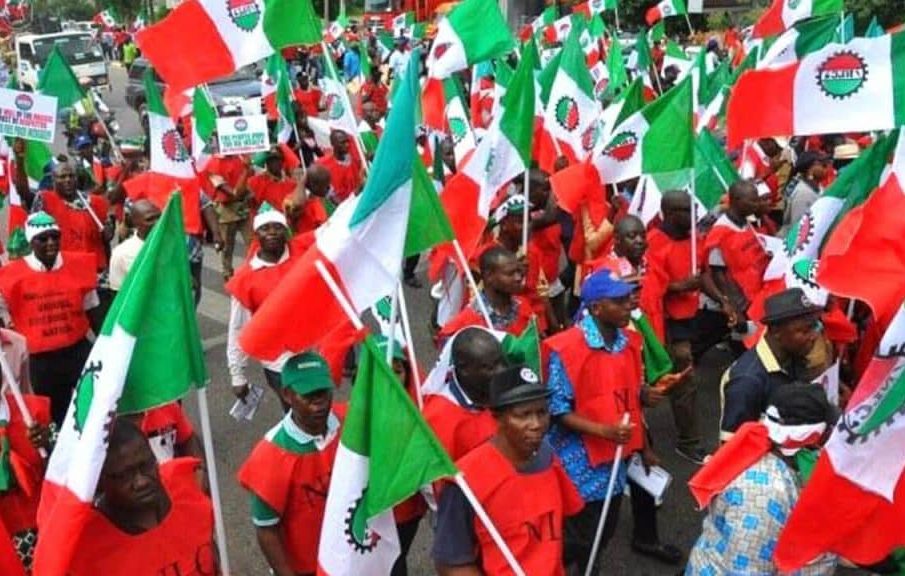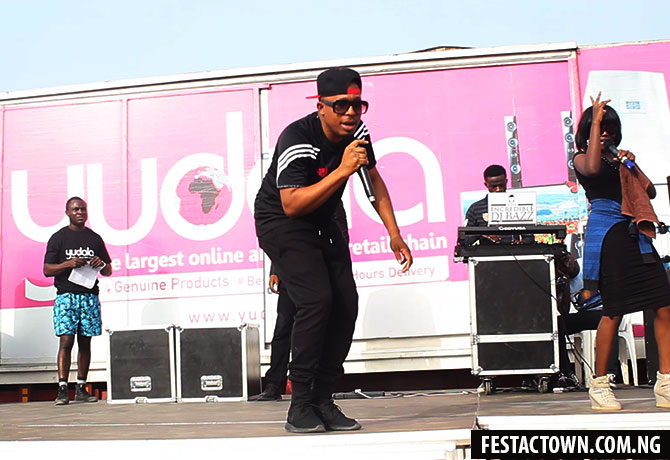
The Nigeria Labour Congress (NLC) and several Civil Society Organisations (CSOs) have expressed dissatisfaction with the recent reduction in the pump price of Premium Motor Spirit (PMS) to ₦935 per litre, describing it as insufficient.
The Dangote Petroleum Refinery, in partnership with MRS, recently announced a price reduction to ₦935/litre. Prior to this, petrol was sold for over ₦1,030/litre in Lagos and its environs and more than ₦1,060/litre in Abuja and Northern states.
On Sunday, the Independent Petroleum Marketers Association of Nigeria (IPMAN) revealed that the new price of ₦935/litre would take effect nationwide on Monday, following an agreement with the Dangote Refinery.
IPMAN’s National President, Maigandi Garima, explained that this reduction was made possible by Dangote’s lower ex-depot price and a uniform pricing arrangement, which considers a ₦36 logistics cost per litre.
NLC
However, the NLC and CSOs rejected the price reduction, arguing that it still places an unfair burden on Nigerians.
According to Punch Online, Chris Onyeka, a senior official of the NLC, criticized the pricing mechanism, stating it does not reflect the true cost of PMS.
“Do you expect us to applaud them for this? How can ₦935/litre be considered a fair price for PMS? This pricing is based on imported products when we have the capacity to refine locally,” Onyeka remarked.
He further highlighted that costs embedded in the pricing framework—such as foreign labor, freight, insurance, and profits earned abroad—are unfairly passed on to Nigerians.
“Refining is done in Nigeria, yet Nigerians are being charged based on imported products. It’s like someone stealing from you and returning only a fraction, then expecting gratitude,” he said.
Onyeka emphasized the need for transparency in determining the local refining cost of PMS. “The government must disclose how much it costs to refine a litre of PMS in facilities like the Port Harcourt refinery. That should be the benchmark for pricing,” he added.
He called on the government to focus on policies that alleviate the economic burden on citizens. “This country belongs to all Nigerians. The government must take actions that allow Nigerians to breathe. Let the poor breathe,” Onyeka concluded.
Debo Adeniran, Chairman of the Centre for Accountability and Open Leadership, described the ₦935/litre price as unsatisfactory, suggesting that the government and private sector could go further in reducing the cost or even provide free PMS.
“We believe that even if the NNPC and private companies offered PMS for free, they would still remain profitable due to revenue from other petroleum derivatives. So, even ₦935/litre is still too high,” Adeniran said.
He added that Dangote Refinery had hinted at the possibility of reducing the price to ₦650/litre. “If that’s achievable, then it’s likely the NNPC is hindering further reductions. We expected prices below ₦200/litre when Dangote came online, but now we’re still talking about over ₦900,” he said.
Similarly, Ibrahim Rafsanjani, Executive Director of the Civil Society Legislative Advocacy Centre, commended the recent reduction but argued that further price cuts were achievable.
“If a private company like Dangote can lower its price and still make a profit, why can’t government-owned enterprises do the same? The government should show more compassion for its citizens,” Rafsanjani stated.
On Monday, the Nigerian National Petroleum Company Limited (NNPC) reduced the pump price of petrol at its outlets in the Federal Capital Territory to ₦965/litre, down from ₦1,040/litre.
Meanwhile, MRS filling stations implemented a uniform nationwide price of ₦935/litre, in line with its agreement with Dangote Refinery. This marks the second reduction of ₦95 in less than two weeks, with prices dropping from ₦1,060 earlier in the month.
At NNPC mega stations in locations such as Wuse Zone 4, Olusegun Obasanjo Way, and Gudu, commuters queued in large numbers to purchase petrol at the new price.
One motorist applauded the reduction but called for uniform pricing across all stations. “Yes, NNPC reduced the price to ₦965. I bought it this morning, but the queues are too long because other stations are still selling at higher prices,” he said.
Another driver, Hassan, expressed optimism that the reduction would eventually impact transport costs. “This is good news. The ₦95 reduction means we can now buy more fuel for the same amount of money,” he stated.
Tinubu sends condolence message to Governor Namadi
December 26, 2024Two women clash on plane over overhead bin, video trends
December 26, 2024Moment Funke Akindele’s new house catches fire during movie shoot
December 26, 2024
Leave a reply Cancel reply
More News
-
FESTAC EVENTS – GYMING WITH THE STARS BY YUDALA
December 8, 2015 -
YUDALA GYM WITH STARS FESTAC-EVENT PICS
December 14, 2015
Place Your Ads Here
Sponsored






